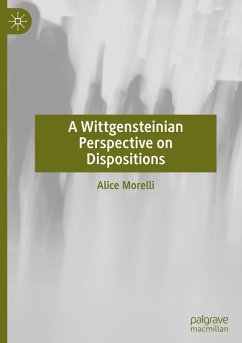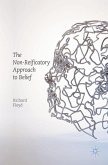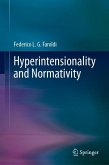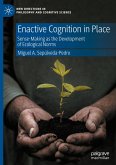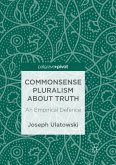This book investigates dispositions in grammatical-normative terms through a contrast between a naturalized paradigm and a Wittgenstein-inspired perspective. The book presents a conceptual analysis of the notion of disposition informed by Wittgenstein's and Ryle's philosophies to defend a normative notion of disposition.
The book opens with a presentation of the current naturalized paradigm on dispositions, focusing on its main presuppositions and limits. It then turns to the discussion of a Wittgensteinian-inspired dispositionalism of knowing and understanding, before filling the exegetical gap about Wittgenstein's own use of the notion of disposition. The author critically engages with the current paradigm using Ryle's notion of category mistake, before concluding with a presentation of some philosophical views where a notion of normative disposition is employed.
This book is essential reading for anyone searching for a new perspective on dispositions and willbroaden the appeal of the Wittgensteinian tradition within contemporary analytic philosophy and, potentially, psychology as well.
The book opens with a presentation of the current naturalized paradigm on dispositions, focusing on its main presuppositions and limits. It then turns to the discussion of a Wittgensteinian-inspired dispositionalism of knowing and understanding, before filling the exegetical gap about Wittgenstein's own use of the notion of disposition. The author critically engages with the current paradigm using Ryle's notion of category mistake, before concluding with a presentation of some philosophical views where a notion of normative disposition is employed.
This book is essential reading for anyone searching for a new perspective on dispositions and willbroaden the appeal of the Wittgensteinian tradition within contemporary analytic philosophy and, potentially, psychology as well.

